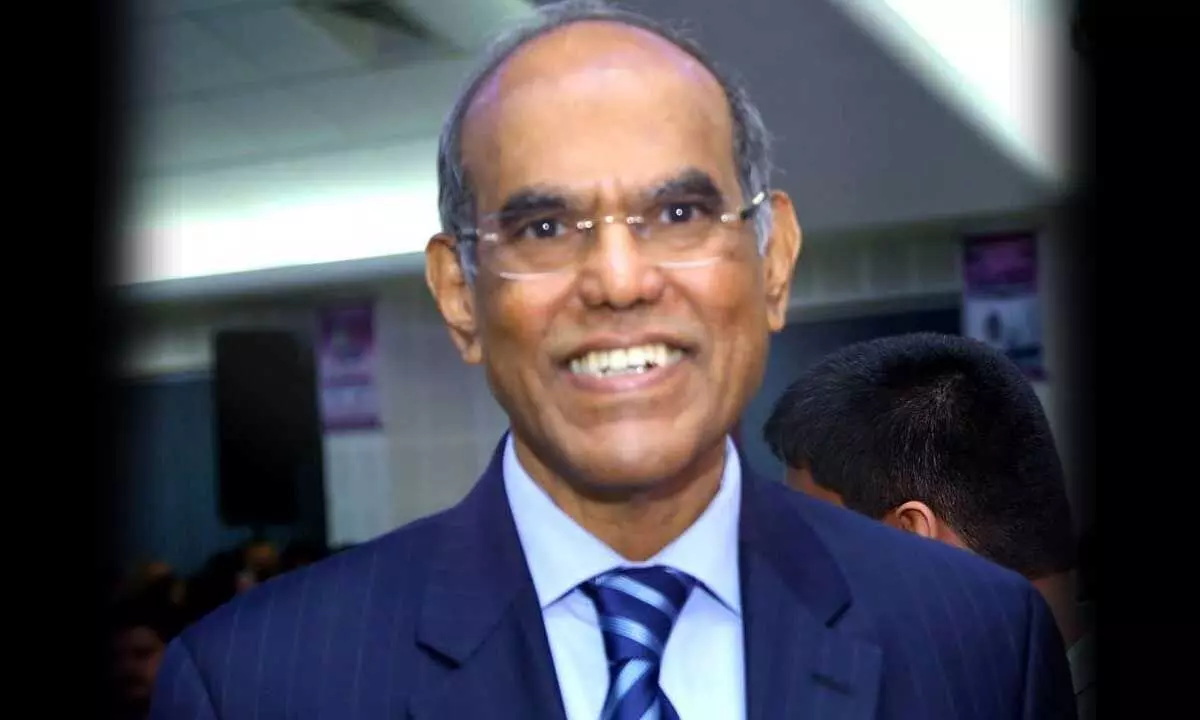FY24 Budget lacks sufficient emphasis on jobs: Subbarao
There is no single or simple solution to problem as big and complex as unemployment, says former RBI Governor
image for illustrative purpose

Critical View
- There’re risks both on the revenue and expenditure sides
- Marginal impact of digitisation and formalisation on tax buoyancy might start to taper
- Debt-GDP ratio fell to 83% now from 90% in FY21
- But it’s still above 73% of pre-Covid and FRBM limit of 60%
New Delhi: Former RBI Governor D Subbarao on Thursday said there was not ‘sufficient emphasis’ on jobs in the Budget for 2023-24 and it failed to grapple with the unemployment problem head on, except to believe that growth itself will generate jobs. Subbarao noted that the unemployment problem was quite bad even before the Covid and it has become alarming as a result of the pandemic.
“I was disappointed that there was not sufficient emphasis on jobs (in the Budget for 2023-24). Mere growth will not do. We need job intensive growth,” he told PTI in an interview. The former RBI Governor was asked what was his biggest disappointment with the Budget. According to Subbarao, roughly a million people join the labour force every month and India is not able to create even half as many jobs.
“As a result, the unemployment problem is not just growing, but is becoming a crisis,” he pointed out. While noting that there is no single or simple solution to problem as big and complex as unemployment, Subbarao said, "but I was disappointed that the budget failed to grapple with the problem head on except to believe that growth itself will generate jobs." Subbarao pointed out that India will be able to take advantage of demographic dividend only if, "we are able to find productive employment for the burgeoning labour force."
He also said that the biggest takeaways from the FY24 budget are the government's emphasis on growth and its commitment to fiscal responsibility contrary to the widely held pre-budget view that the finance minister will go full blast on populist measures because of electoral calculations. Finance minister Nirmala Sitharaman in her fifth straight budget has raised the capital expenditure by 33 per cent to Rs10 lakh crore for infrastructure development for 2023-24, and had announced a lower fiscal deficit target of 5.9 per cent for FY24 while retaining it at 6.4 per cent for the current financial year. She had also reiterated her intention to bring the fiscal deficit below 4.5 per cent of GDP by 2025-26.
Asked are there any risks to the projections made in the Budget document, he said, "there are risks both on the revenue and expenditure sides." Pointing out that on the revenue side, projections have been made on the assumption that nominal GDP will grow at 10.5 per cent and the expected tax buoyancy of 1.2 this year will repeat next year too, he opined that both assumptions seem optimistic given that both real growth and inflation are expected to soften next year. "Moreover, the marginal impact of digitisation and formalisation on tax buoyancy might start to taper," he said. On the expenditure side, according to Subbarao, there is a risk that the expected savings in food and fertilizer subsidies may not materialise if the global situation turns adverse and global prices go up. Also, if rural growth does not pick up rapidly enough, demand for MNREGA may not drop by as much as the budget expects, he observed. Asked is the government on track for fiscal consolidation as per the FRBM target, Subbarao said it is too soon to pronounce on that. Noting that focussing only on the fiscal deficit will likely mislead us, he said, "we need to be watching also the debt-to-GDP ratio". Higher borrowings and lower GDP pushed up India's debt-GDP ratio to 90 per cent during the pandemic year FY21. That ratio has since come down to 83 per cent. "But it is still above the 73 per cent ratio of pre-Covid and well above the FRBM recommendation of 60 per cent," the former RBI governor noted. A higher stock of debt means ever higher interest burden.
Roughly a million people join the labour force every month and India is not able to create even half as many jobs. As a result, the unemployment problem is not just growing, but is becoming a crisis
-D Subbarao, ex-Governor, RBI

